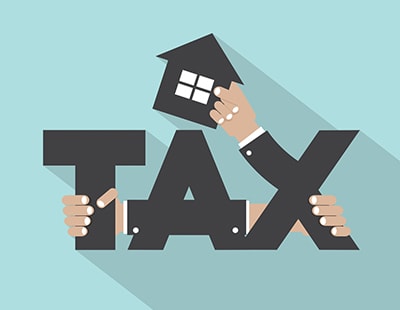
But the firm says it’s likely HMRC is now starting to examine property returns submitted over the past 18 months and may be about to pounce on suspect returns.
Boodle Hatfield says the applicability of SDLT relief can be subjective and HMRC may challenge claims by property owners who are not trying to defraud the taxpayer but are merely uncertain of how the rules apply or legitimately believe they are entitled to relief.
Ways in which some property owners may legitimately reduce their SDLT cost on a property purchase include claiming their property is a mixed-use property to qualify for the lower commercial rate of stamp duty, or claiming multiple dwellings relief if their property has a granny flat or annexe.
SDLT enquiries may also detect fraud, where individuals deliberately make dishonest or inaccurate disclosures in an attempt to underpay or evade stamp duty.
Boodle Hatfield partner Kyra Motley says: “It is an astonishingly sharp drop in SDLT investigations, especially when set against the boom in residential property transactions.
“It seems unlikely that this drop in investigations means there has been a similarly sharp drop in wrongly claimed SDLT reliefs.
“HMRC will be keen to make up for the shortfall in investigations over the past year. We would expect them to scale up activity now that lockdown restrictions have ended and all the HMRC teams return to a more normal working environment.”

